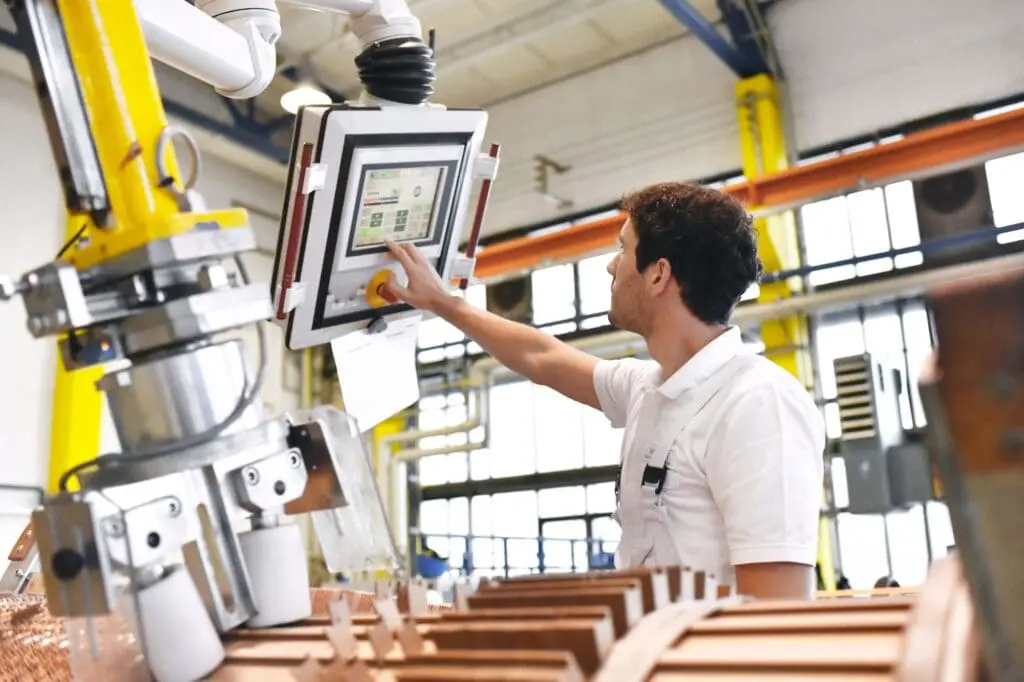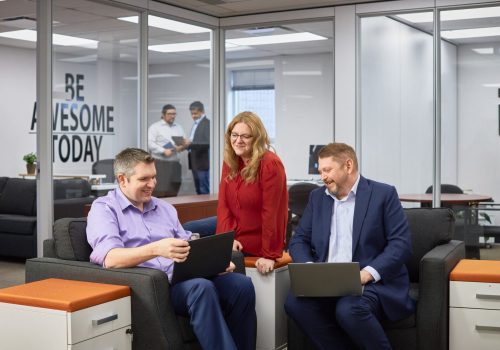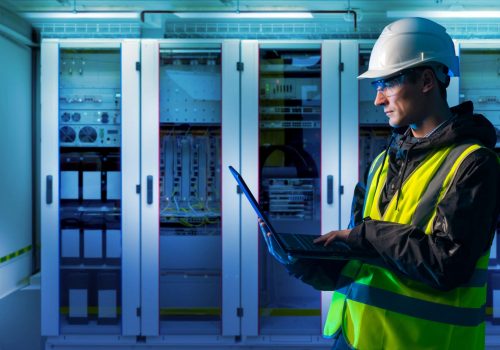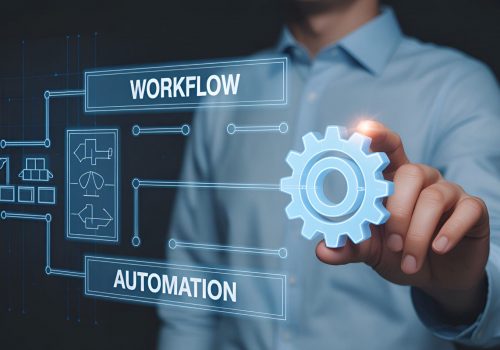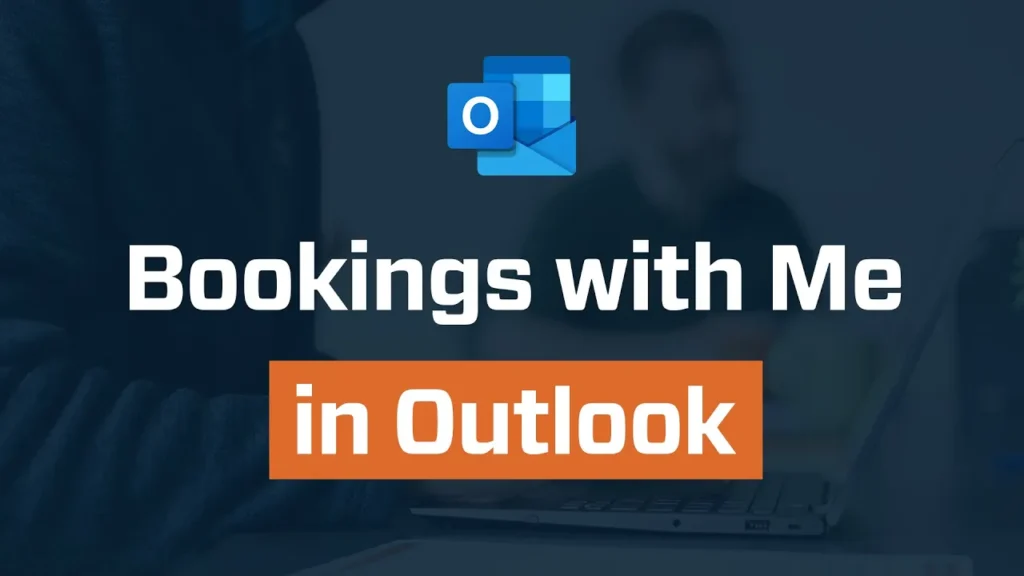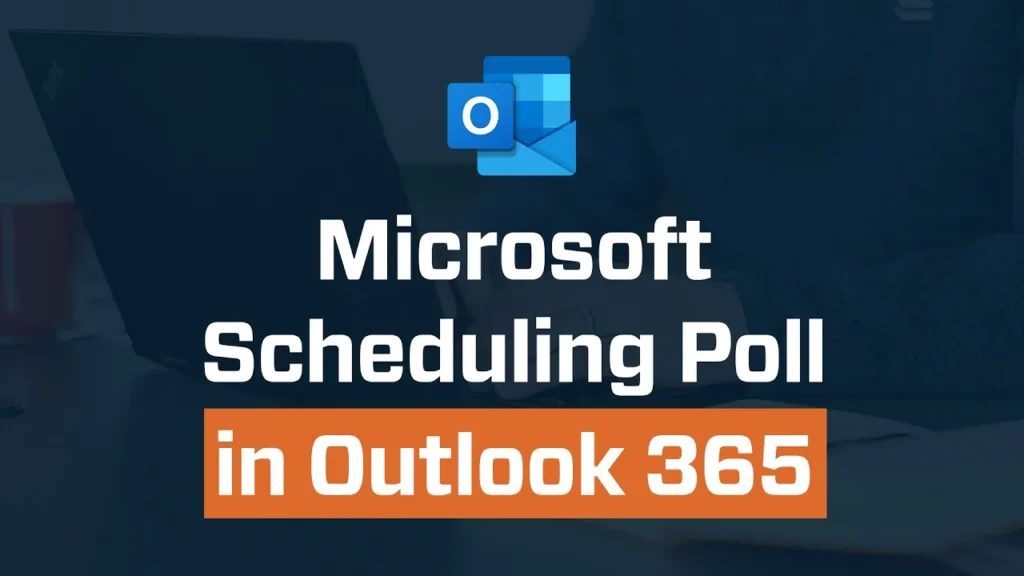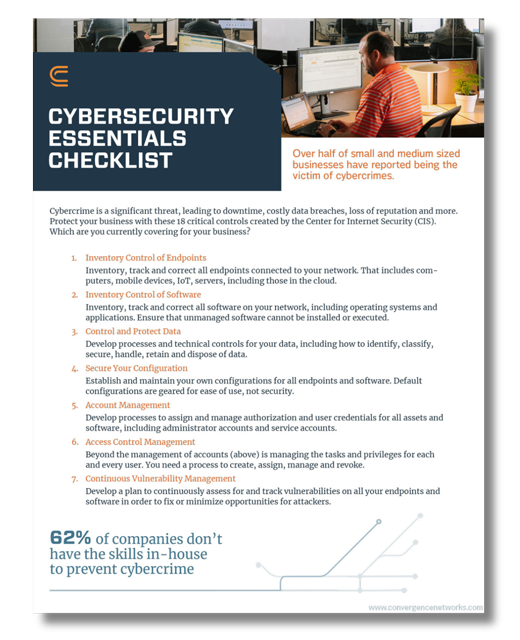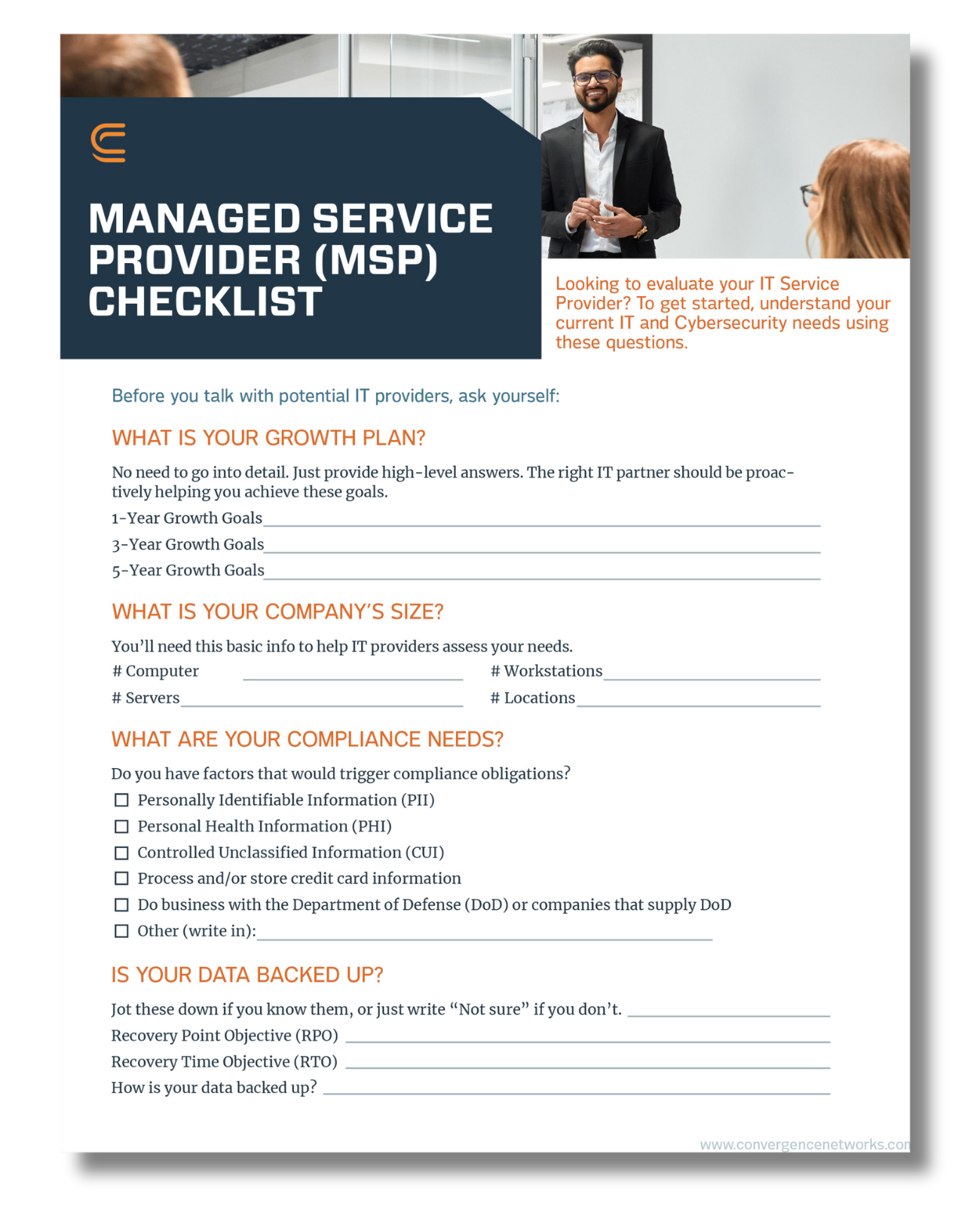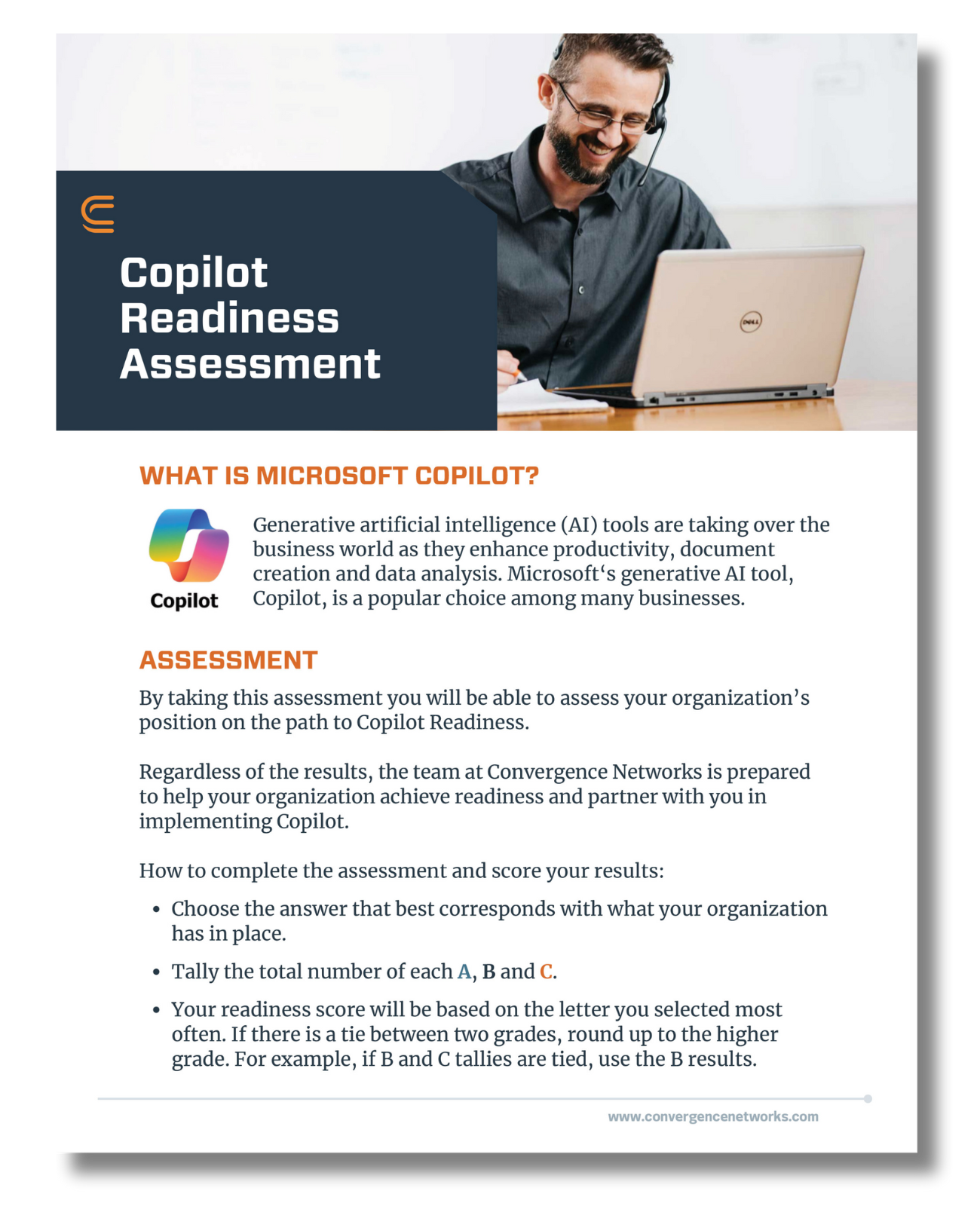Microsoft Build 2025 kicked off on May 19, 2025, marking the start of three days packed with forward-looking announcements, demos, and ideas that reveal where Microsoft believes the future of artificial intelligence is headed. Among the top Microsoft Build 2025 key takeaways were advancements in next-generation AI agents, secure development frameworks, and new tools to help organizations deploy AI with greater precision and control. Hosted in Seattle and streamed online to a global audience, the event offered a clear vision of what’s next in the AI landscape.
Day 1 focused on the foundation: new platforms and capabilities for developers to build, fine-tune, and manage AI agents. Microsoft introduced Copilot Studio updates, Windows AI Foundry, GitHub Copilot’s evolution into an agentic partner, and protocols like NLWeb to help AI agents interact more effectively with the web.
Day 2 moved into practical use cases. Microsoft showcased how AI is already being integrated into tools like Power BI, Microsoft Edge, Windows 11, and Azure. From natural language querying to agent governance with Entra Agent ID, the emphasis was on making AI usable, secure, and embedded into everyday business workflows.
Convergence Networks closely followed the sessions, and here are the key takeaways from Days 1 and 2.
Recap – Day 1 (May 19, 2025)

Setting the Stage: AI Agents Take Centre Stage
Microsoft CEO Satya Nadella opened the event by explaining how we’re moving into a new phase of AI. The focus is on smart digital assistants called agents that can remember what they’re doing, make decisions, and work across different tools. Over 230,000 companies are already using Microsoft Copilot Studio to build these kinds of tools, and 15 million developers are using GitHub Copilot. This shows that AI agents are going to become the new normal.
Microsoft 365 Copilot Tuning
One of the major announcements was Copilot Tuning, a capability that lets organizations fine-tune their own Microsoft 365 Copilot agents using internal data, business logic, and workflows. These AI agents are designed to perform domain-specific tasks more securely and accurately, staying within the Microsoft 365 security boundaries.
Copilot Studio: Bring Your Own Models
Satya Nadella talked about how Copilot Studio is evolving into a flexible platform where businesses can build exactly what they need. One of the major updates is that companies can now upload their own AI models into Copilot Studio. This allows teams to create tools that reflect their specific workflows and data, rather than relying only on Microsoft’s prebuilt models.
It’s a big step forward for organizations that want more control over how AI fits into their day-to-day work.
Windows AI Foundry
Microsoft introduced a new platform called Windows AI Foundry, designed to make it easier for developers to build and run AI models directly on Windows or in the cloud. It includes simple APIs for language and vision tasks, built-in support for LoRA (Low-Rank Adaptation) fine-tuning, and native integration with Foundry Local and popular model catalogs like NVIDIA Ollama. This means developers can quickly access, modify, and deploy models suited to their needs without switching platforms.
The platform also features new inbox models such as Phi Silica, which support common generative AI functions right out of the box. To further support open development, Microsoft announced that the Windows Subsystem for Linux (WSL) is now open source. This gives developers even more flexibility to use familiar Linux tools within the Windows ecosystem, making it easier to work across different environments without compromise.
GitHub Copilot: From Assistant to Agent
GitHub Copilot is evolving from a passive coding assistant into an active, agentic partner. With a new asynchronous coding agent, GitHub now enables background task execution, prompt management, and model testing, all integrated within the GitHub platform. GitHub is also open-sourcing Copilot Chat for VS Code, giving developers more control and transparency.
Azure AI Foundry Adds xAI’s Grok 3
Microsoft announced that Grok 3 and Grok 3 Mini, developed by Elon Musk’s xAI, are joining the Azure AI Foundry ecosystem. This brings new language models with strong reasoning, mathematics, and coding capabilities to Azure, alongside models from OpenAI, Meta, and Mistral. Developers now have access to over 1,900 models in Azure Foundry.
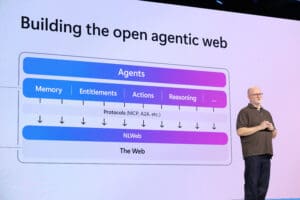
Introducing the Agentic Web and NLWeb
CTO Kevin Scott introduced the agentic web, a new vision of the internet where AI agents interact with websites as participants, not just tools. Microsoft introduced NLWeb, a protocol that allows websites to become accessible and responsive to AI agents, much like how HTML made websites accessible to browsers.
Microsoft Discovery
Microsoft Discovery is a new AI-powered research platform introduced to help organizations accelerate innovation. It supports the full research and development lifecycle by using intelligent agents that assist with everything from hypothesis generation to simulation and analysis.
Whether you’re in healthcare, science, or advanced manufacturing, Discovery is built to simplify and speed up complex research workflows by automating repetitive tasks and surfacing insights faster than traditional methods.
Recap – Day 2 (May 20, 2025)
Seth Juarez, Principal Group Manager, and a familiar face at Microsoft developer events, kicked off Day 2 with a look at how AI is being embedded into real-world applications across Microsoft’s product ecosystem. After a Day 1 full of announcements around infrastructure, agentic platforms, and developer tooling, Day 2 shifted the focus to practical use cases and product integrations. Below are the key product updates and real-world integrations shared on the second day of Microsoft Build 2025.
Edge: Built-in AI APIs
Microsoft Edge now offers in-browser access to AI models like Phi-4-mini, along with new Prompt APIs and writing tools for developers building web applications. These features are designed to reduce friction in embedding generative AI into browser-based tools.
Windows 11 and Model Context Protocol (MCP)
Windows 11 is getting native support for Model Context Protocol (MCP), a standardized protocol that allows AI agents to interact directly with applications. This opens new use cases, from scheduling to file generation, all handled autonomously by local agents.
Azure Databricks Connector
Azure AI Foundry now integrates with Azure Databricks, allowing agents to access and interact with enterprise data for real-time processing and natural language querying. This enables richer analytics and multi-agent collaboration across massive data sets.
Chat in Power BI and Copilot Studio
Microsoft added chat capabilities to Power BI and Copilot Studio, allowing users to explore data using natural language. Features include:
- Semantic search across multiple datasets
- Context-aware responses based on permissioned data
- Automation of tasks through agent-defined actions
In simple words, the new features let users chat with their data. You can ask questions and get answers without knowing complex reporting tools.
Microsoft Entra Agent ID
To control the rapid growth of AI agents, Microsoft unveiled Entra Agent ID. This assigns unique identities to each agent built in Copilot Studio or Azure Foundry, enabling administrators to track access and apply role-based permissions.
SQL Server 2025
The new release of SQL Server introduces semantic search, built-in JSON support, and real-time data updates. These features are designed for next-gen applications powered by AI agents.
Defender for Cloud Integration
Microsoft Defender is being integrated into Azure AI Foundry, providing visibility into runtime risks, jailbreak attempts, data leakage, and abuse scenarios in AI environments.
Looking Ahead
Microsoft Build 2025 makes one thing clear: AI agents are not a future concept. they are an active part of how we interact with tools, platforms, and data. Microsoft is building the infrastructure, protocols, and governance needed to support AI across every layer of the enterprise.
For organizations looking to deploy AI securely and strategically, these updates offer new possibilities. From custom Copilot agents to governance tools like Entra ID, the groundwork is being laid for a new way of working.
At Convergence Networks, we stay on top of emerging trends so you don’t have to. From major industry events like the Microsoft Build 2025 Key Takeaways to daily tech developments, we translate complex technology shifts into clear, actionable guidance that helps our clients stay focused on what matters most in running their business.
Contact Us to find out how we can help.

